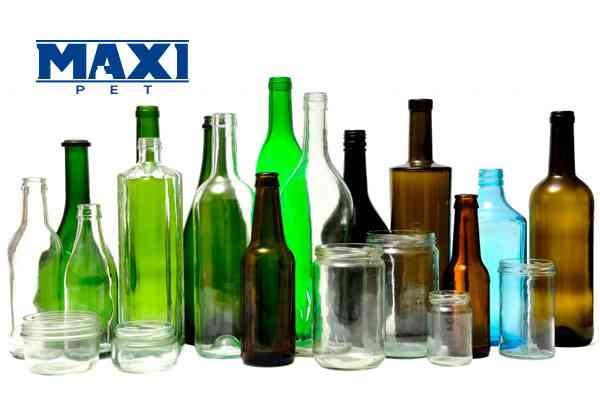Benefits and drawbacks of glass containers

Plastic has taken over the packaging industry around the world due to its many qualities, however, there are still many industries that choose glass containers for their products. But why?
Benefits
These are innocuous containers, that is, they do not alter the taste, smell, or properties of the contained products, even if they are chemicals, medicines, or food. Therefore, its use for these sectors is widely accepted.
Thermal resistance makes them the top favorites for kitchen and industrial use, it is possible to subject them to very high temperatures without damaging the product contained and without breaking or changing their shape.
Although its elaboration requires a large amount of energy for the temperatures that the sand and the accessories for its manufacture must reach, it is a material that can be reused countless times without the need for any special treatment other than good hygiene.
Most of the glass bottles are collected, but those that end up in the ground or sea do not emit any type of polluting substance with the passage of time and the sun.
Drawbacks
Among the main problems that we find is the fragility that this type of glass container can present, since even though they are thick, when subjected to high pressure or blow they can break easily, unlike plastic, which is almost unbreakable.
Glass containers are resistant to heat and chemicals, but to obtain this resistance to store and transport things they need to be very thick since they are fragile on impact, therefore they are very heavy which makes them not the best option for transport as fuel costs increase considerably. In addition, due to this same situation, its price is much higher than its competitors made of plastic.
Which containers should I choose?
This will depend on the product you need to package, your budget, and your logistics, however, if you need help determining which is the ideal container for you, at Maxipet we can help you, we have a customer service team that can advise you, contact us.



